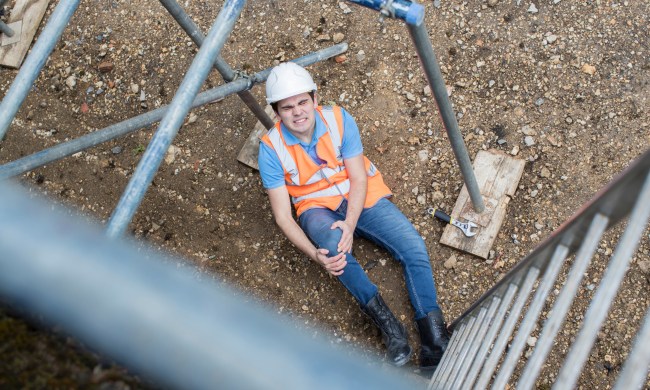If you’re looking to start a restaurant business, you should plan on getting a liquor license. Did you know almost 25% of restaurant profits come from alcohol sales? If you’re already in the restaurant business and are simply looking to expand those profit margins, you need to know how to get a liquor license. Here are few things you should know first:
- Liquor license applications vary in every state
- There are different classes of liquor licenses
- License costs range from hundreds to thousands of dollars
Any of these details can be part of a business plan for a new restaurant or bar and an investment to expand profit margins. You’ll get an in-depth look at these factors below. Discover what it takes to get a liquor license for your restaurant or for starting your own bar.

What can stop me from getting a liquor license?
The type of license you need and your state’s Alcohol Beverage Control board are your biggest obstacles. The clearer you are about business operations, the more streamlined getting a license for alcohol can be. You need a consistent explanation of the type of establishment you run or plan to run. Restaurants and bars have many different rules and regulations.
- Are you making liquor (e.g., distilling, brewing, or fermenting) on the premises?
- Can customers bring their own liquor?
- Do you sell anything besides wine and beer?
Any of these questions can increase cost and application difficulty, too. If your state limits the number of liquor licenses available by year or region, you may also find your plans to distribute liquor unsuccessful. The location of your business to other types of locations (such as schools) may also prohibit your receipt of a liquor license, too. Of course, application errors can also impede earning your liquor license. If you leave out any important, required documentation, you may have to start your application all over again.
How long does it take to get a liquor license?
It can take weeks or several months to get a liquor license, depending on the state. In many places, the number of liquor licenses is limited. If all licenses have been granted, you’ll have to wait until a business closes or someone’s renewal lapses. This could significantly extend your application period.
How much does a liquor license cost?
Getting a liquor license includes the actual fee for licensure and application processing fee. A license cost ranges greatly based on state regulations. The average cost ranges from $300 to $14,000. Additional fees may also be charged by your city or county, too. Processing fees usually add a few hundred dollars in cost, as well.
License renewal also comes at a cost. Some states charge the same amount as the initial license and other states offer a reduced renewal cost.
What can make me lose my liquor license?
Fines are the first consequence of misusing a liquor license. Immediate revocation of a liquor license is less common. If a business loses its liquor license, it’s highly unlikely the establishment will be able to serve again. Common reasons for fines or revoked licenses include:
- Serving minors or legally intoxicated customers
- Selling during unauthorized times (i.e., blue laws)
- Intoxicated serving/distribution by staff
- Inconsistent documentation
- Purchasing alcohol from anyone other than distributors
- Refilling liquor or wines bottles with false product

How to get a liquor license
Now you know everything that can get in the way of obtaining a liquor license for your restaurant or bar, let’s dive into what it takes to get one. Here are the different classes of liquor licenses.
- Tavern: Alcohol sales are the primary revenue stream
- Beer and wine: Alcohol sales without hard liquor or spirits
- Restaurant: Any type of alcohol sold on the premises, with earnings limited by state from alcohol sales
What you need: Paperwork and documentation
- Personal background information on owners, managers, and staff
- Certificate of incorporation
- Employee Identification Number (EIN)
- Partnership agreement
- Company constitution
- Proposed food menu
- Photos/drawings of the restaurant
- Copy of the certificate for the title of the premises
By no means is this an extensive list of documents required to get a license for alcohol for your bar or restaurant. Your state and/or local municipalities may require further documentation. Be sure to double-check everything required in your area to avoid denial or holds on your application.
Learn local liquor laws
As mentioned above, each state has its own rules and regulations regarding liquor licenses. Each state also has its own ABC agency to regulate alcohol sales. Contact your local ABC agency to learn how to get a liquor license in your state.
On-premises vs. off-premises license
Determine which class and license type you need. On-premises licenses are for venues that sell alcohol for consumption at the location of the alcohol sales, such as restaurants, bars, and pubs. Off-premises licenses are required for businesses selling alcohol for consumption off the premises, like liquor stores and grocery stores. If you have a bar or restaurant, your customers will consume the drinks on your premises, so you need an on-premises liquor license.


